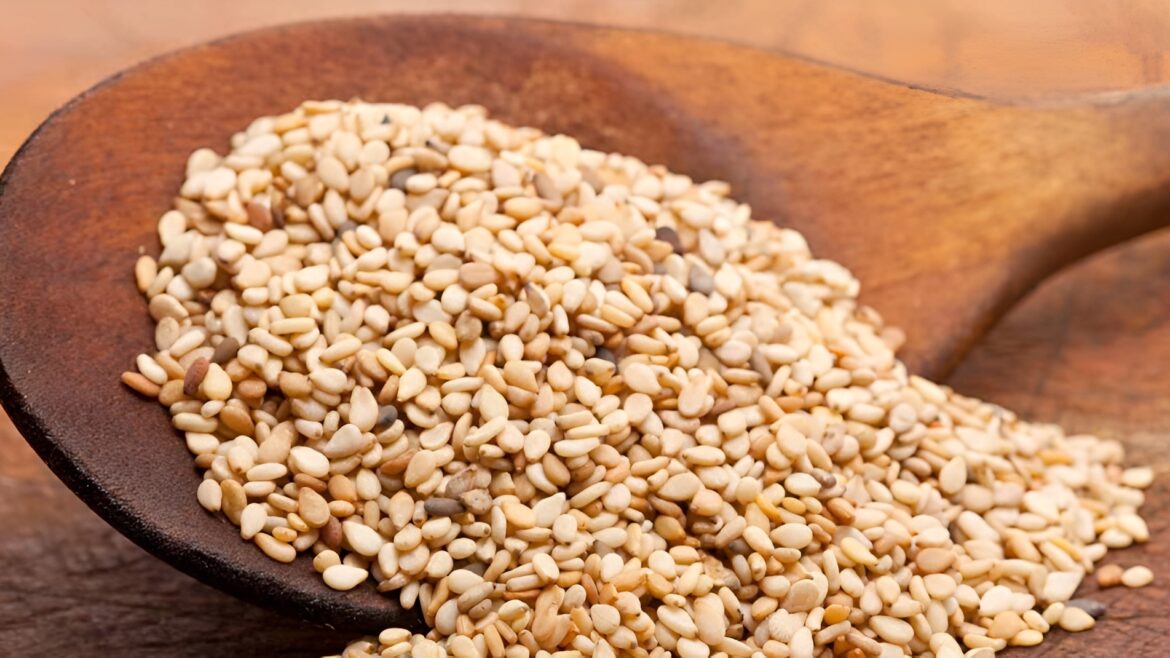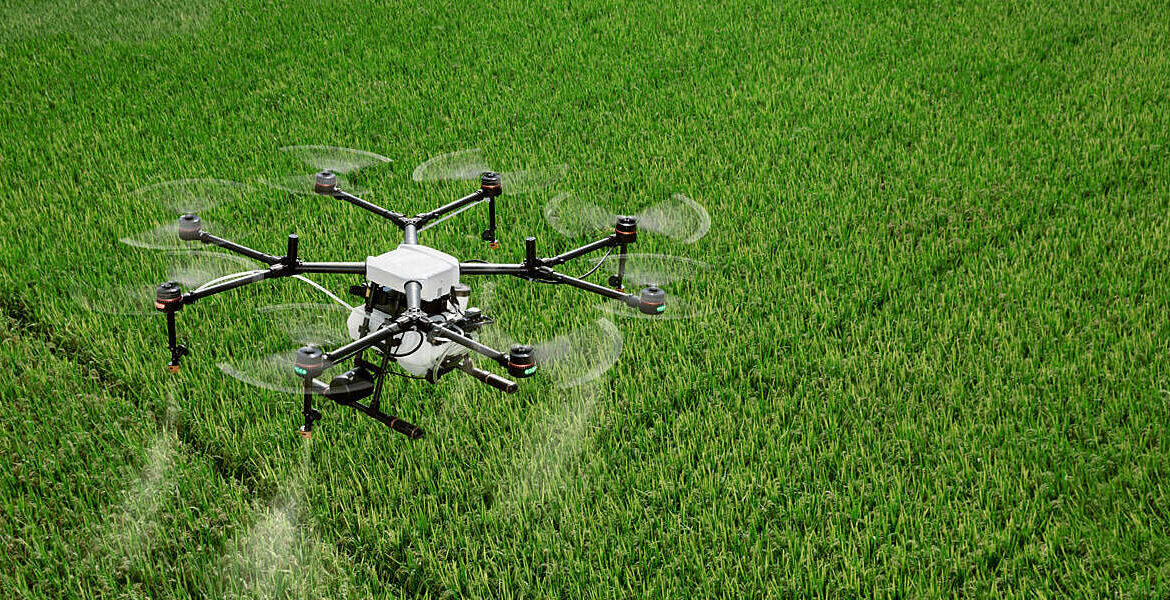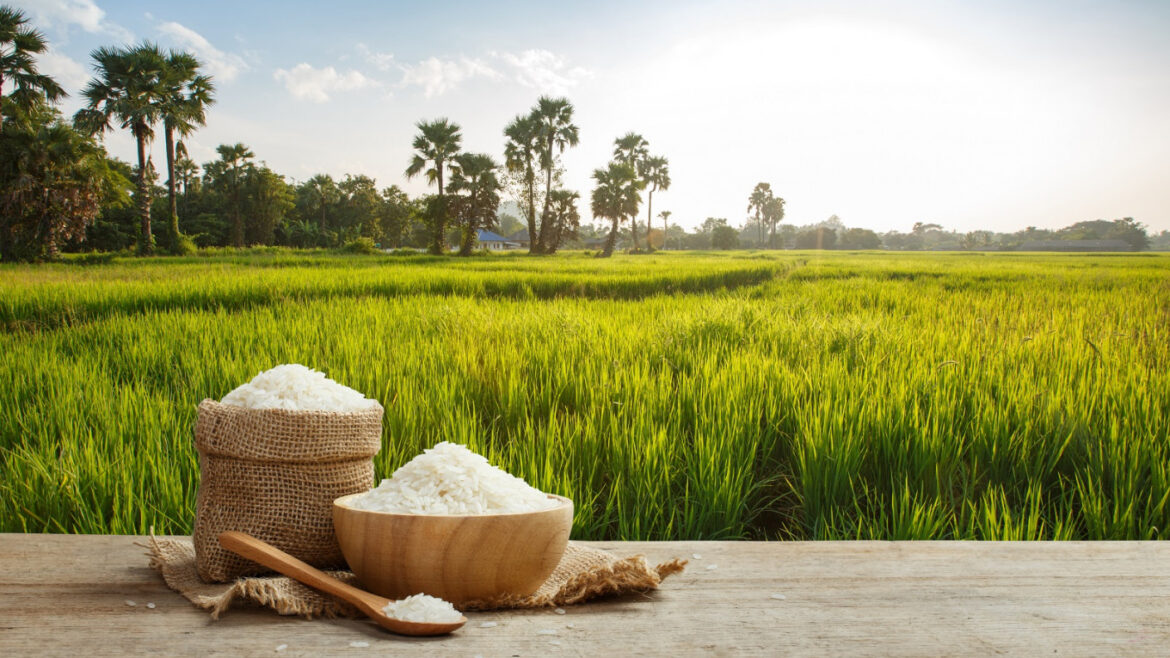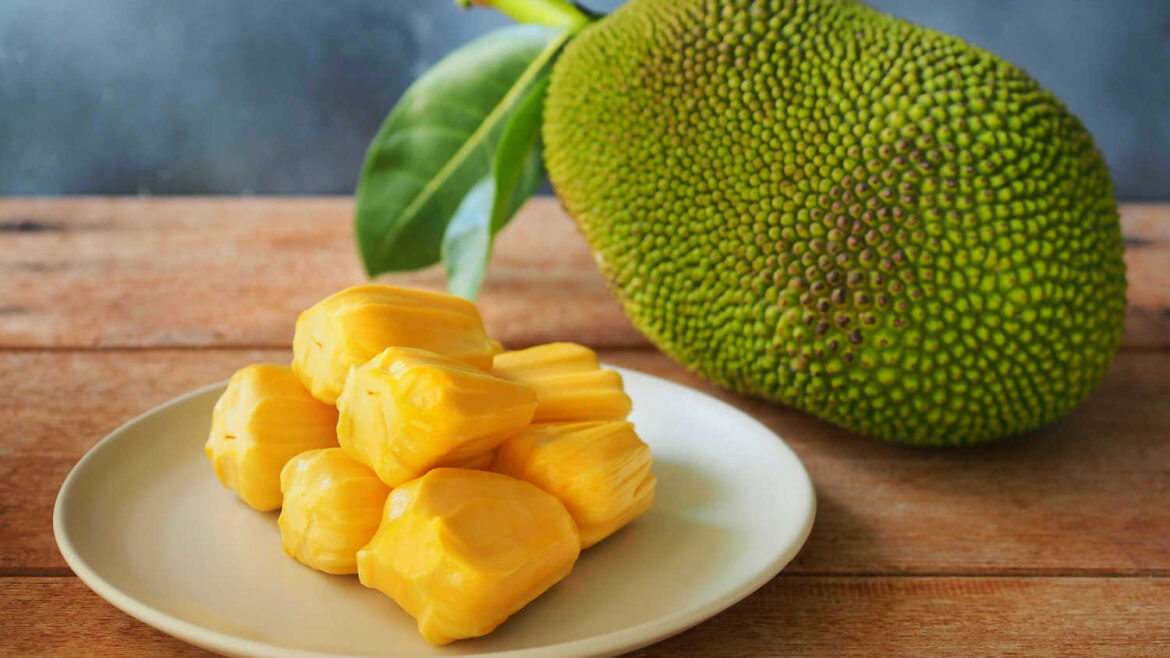Pakistan has achieved a remarkable achievement by becoming the third-largest exporter of sesame in the world, with its exports now worth more than $1 billion. This outstanding accomplishment underscores the increasing importance of sesame within the nation’s financial landscape, propelled by vigorous agrarian policies and avant-garde cultivation methods.
Sesame Industry Growth in Pakistan
The sesame sector in Pakistan has undergone remarkable expansion in the previous five years.
- 455% increase in production, now reaching 119 million tons annually.
- 366% rise in export value, totaling $1.073 billion.
This improvement comes from the National Oilseeds Improvement Project (NOILP) and teamwork between national and state farming agencies.
Key Factors Driving Success
1. Government Initiatives:
-
- Policies encouraging oilseed production.
- Financial support to farmers.
2. Improved Farming Techniques:
-
- Adoption of modern mechanization and irrigation methods.
- Enhanced seed quality and yield.
3. International Partnerships:
Pakistan and Turkey recently agreed a pact to enhance farming collaboration in machinery, fish farming, and crop watering. This partnership aims to enhance trade relations and introduce advanced farming technologies.
Sesame: A Game-Changer for the Economy
Sesame has become a key contributor to Pakistan’s agricultural economy, providing substantial opportunities for:
- Farmers: Increased production and better income.
- Trade: Strengthened global market presence.
- Economy: Boosted agricultural export revenues.
Conclusion
- Pakistan’s rise as the third-largest sesame exporter globally underscores its agricultural potential and commitment to sustainable growth. Strategic policies, international collaborations, and advancements in farming techniques have driven this success.
- With such achievements, Pakistan is not only boosting its economy but also cementing its position as a global leader in sesame exports. The future of Pakistan’s sesame industry shines bright, paving the way for continued prosperity.




